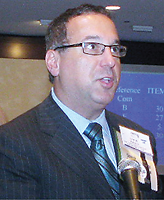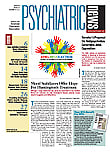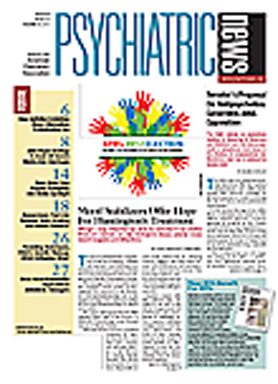Prescription-medicine shortages are a national public-health emergency, the AMA declared at its Interim Meeting last month in New Orleans. AMA delegates approved a report by the Council on Science and Public Health addressing a prescription-drug shortage that many physicians at the meeting termed an urgent public health emergency.
The report calls on the AMA to support the recommendations of the 2010 Drug Shortage Summit convened by the American Society of Health System Pharmacists (ASHP), American Society of Anesthesiologists, American Society of Clinical Oncologists, and the Institute for Safe Medication Practices and work in a collaborative fashion with these and other stakeholders to advocate that the Food and Drug Administration (FDA) work with manufacturers to establish a plan for continuity of supply of vital medications and vaccines to avoid production shortages whenever possible.
“Compared with 2005, twice as many drug shortages were identified in 2008, and in 2010 almost 180 shortages of medically necessary drugs were identi fied by the FDA, triple the amount from 2005,” according to the report. “Sterile injectables comprise the most common type of shortage, with 74 percent of the shortages in 2010 involving such preparations, including many older off-patent formulations and critical products for use in the acute-care setting. The problem has continued to escalate with ASHP reporting more than 200 shortages as of September 15. The most prominent causes include manufacturing difficulties and regulatory compliance issues; corporate decisions leading to product discontinuation; consolidation of the pharmaceutical industry; and raw, bulk, or active pharmaceutical ingredient shortage.”
Delegates were unanimous in their support of the report and its recommendations, and the urgency of the issue was reflected in delegates’ adding a resolution that the AMA declare the problem a national public-health emergency.
“The paper discusses periodic medication shortages across disciplines, some of which can cause morbidities and even mortality,” child psychiatrist Louis Kraus, M.D., a member of the Section Council on Psychiatry, told Psychiatric News. “The key recommendations are that when companies first realize there is going to be a shortage—which will likely be before a shortage actually exists—they must alert the FDA so that other companies can potentially increase production of similar or even identical medications.”


